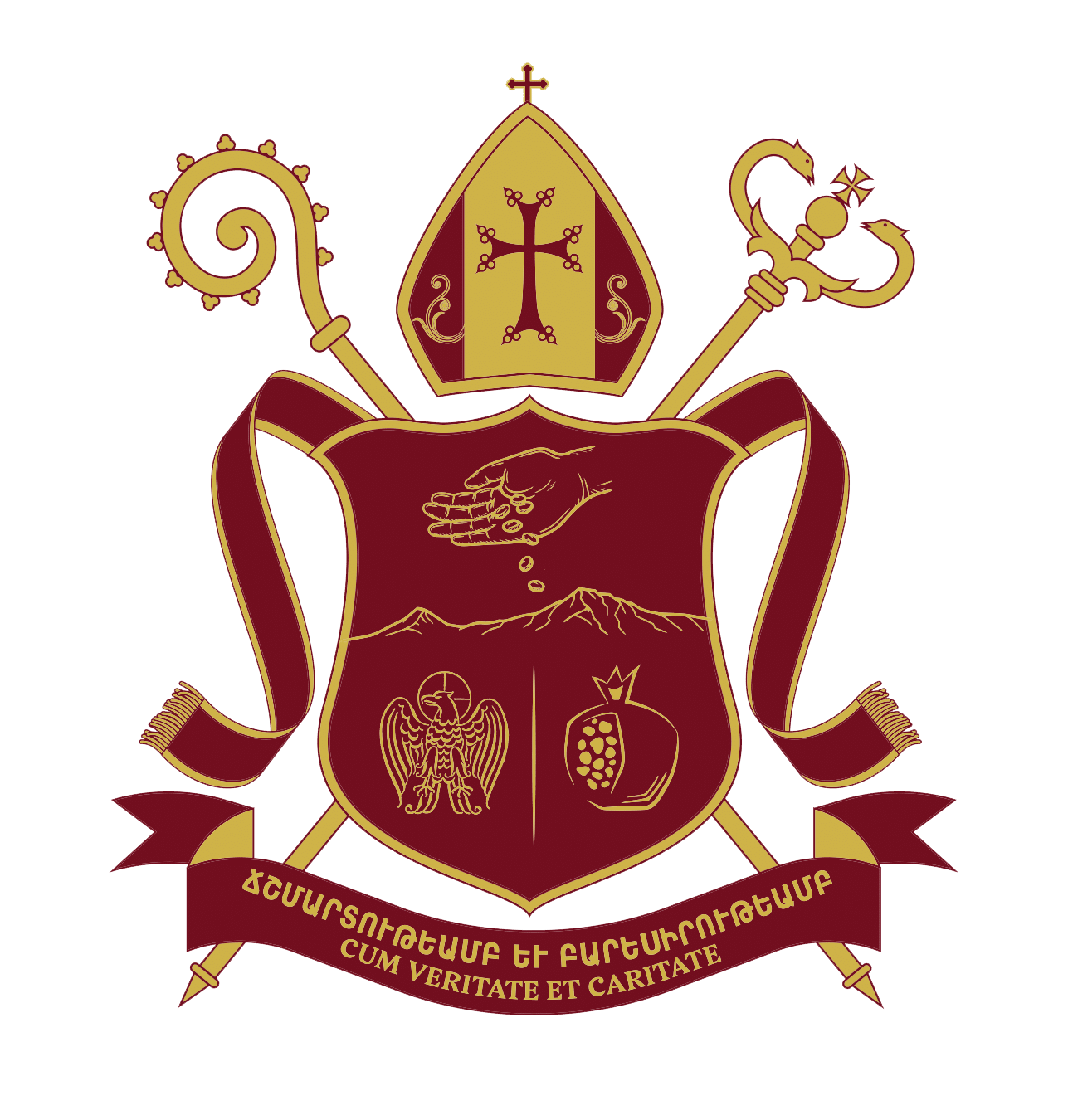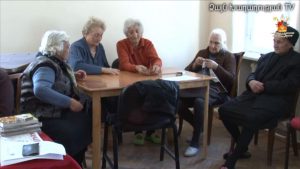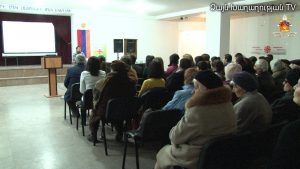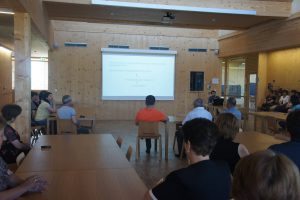- Bishop Raphael Minassian had an interview with the Aid to the Church in Need.
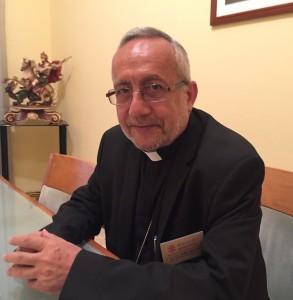
“Turkey has never changed. I cannot understand how Europe and America can give so much consideration to a criminal country.”
21 July, 2015.
Reprinted from the web site of the Aid to the Church in Need
ROME—“We were certain that the Pope would remember the genocide, and his courage has changed the attitude of the entire world.” These are the words are of Archbishop Raphael Franҫois Minassian, the Ordinary of Eastern Europe for Armenian Catholics, expressing his gratitude on behalf of Armenians worldwide for Pope Francis’ statements on last April’s 100th anniversary of the Armenian Genocide.
In an interview with international Catholic charity Aid to the Church in Need, the archbishop emphasized that Pope Francis “had encouraged us to pursue reconciliation—an act of the highest educational, spiritual and human value, which helps us also to recover what we have lost.”
Archbishop Minassian belongs to the first Armenian generation that was born after the genocide; he said, however, that even those Armenians who did not directly witness the horrors of 1915 nevertheless still suffer the consequences. “Some psychological attitudes, such as the instinctive fear at the sight of an armed guard, have been passed down even to the second and third generations,” he said.
The prelate has no doubt as to the responsibility of Turkey for the mass murder. “It is enough to simply observe how the Erdogan government is not controlling its own frontiers. It is testimony to the fact that, after having committed that appalling crime in 1915, Turkey has never changed. I cannot understand how Europe and America can give so much consideration to a criminal country.”
In Rome for an international symposium of aid agencies serving the Oriental Churches, Archbishop Minassian surveyed the situation of the various Armenian Catholic communities. He has formal jurisdiction over Armenian Catholics in some countries of Central and Eastern Europe—including Poland, Romania, Hungary, Slovakia and the Czech Republic—and in other countries that were once part of the Soviet Union. He is principally responsible for the Armenian Catholic community in Georgia, Armenia and the Russian Federation.
In Georgia and Armenia, he said, “the Catholic faithful are poorer and have greater need of outside help.” A challenge for his Church in the Russian Federation is that the Church has no juridical status; and in Georgia the Armenian Catholic Church has a somewhat difficult relationship with the country’s dominant Orthodox Church.
“In Armenia the cooperation with the Armenian Apostolic (Orthodox) Church is perfect, since there are no differences either of a liturgical or of a sacramental nature,” he said. Still, the Armenian Catholic Church suffers from a lack of suitable infrastructure. “In the parishes there are no church halls or offices—everything has to be done inside the church itself. Often the priests are obliged to celebrate the Sacred Liturgies in school halls—with the result that we risk being looked upon as a sect,” the archbishop added.
Moreover, the Armenian Catholic Church is not permitted to teach religion in the nation’s schools. Only the Armenian Apostolic Church is permitted to teach there—though not in the form of catechesis, but through study of the history of the Armenian Church.
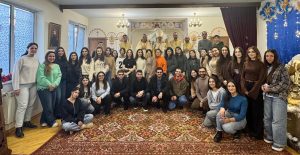 Founding General Assembly of the Armenian Catholic Youth Union
Founding General Assembly of the Armenian Catholic Youth Union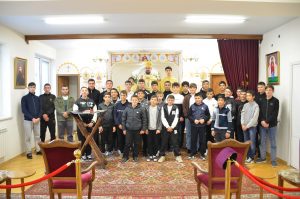 Trainings for Ministrants of Holy Liturgy
Trainings for Ministrants of Holy Liturgy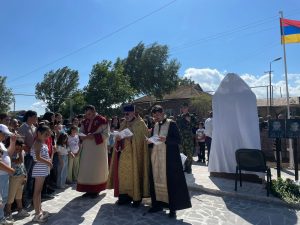 A Cross Stone Dedicated to the Heroes of Artsakh War Was Anointed in Mets Sepasar
A Cross Stone Dedicated to the Heroes of Artsakh War Was Anointed in Mets Sepasar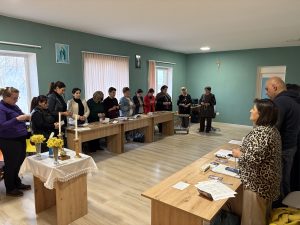 Days of Retreat. Holy Eucharist is the Missionary Pivot of the Legion of Mary
Days of Retreat. Holy Eucharist is the Missionary Pivot of the Legion of Mary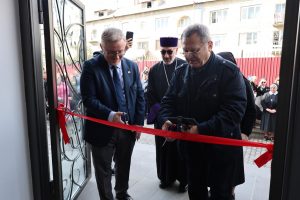 Another Cradle of Charity and Ministry: Inauguration of Diramayr Hayastani Youth Center
Another Cradle of Charity and Ministry: Inauguration of Diramayr Hayastani Youth Center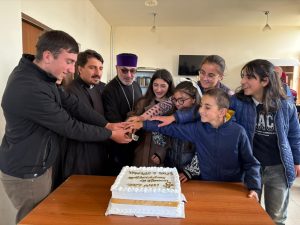 His Excellency Kevork Archbishop Noradounguian served a Holy Mass in St. Nshan church in Bavra
His Excellency Kevork Archbishop Noradounguian served a Holy Mass in St. Nshan church in Bavra
